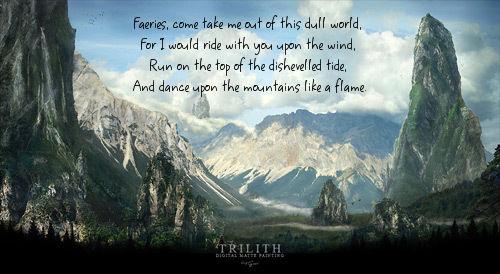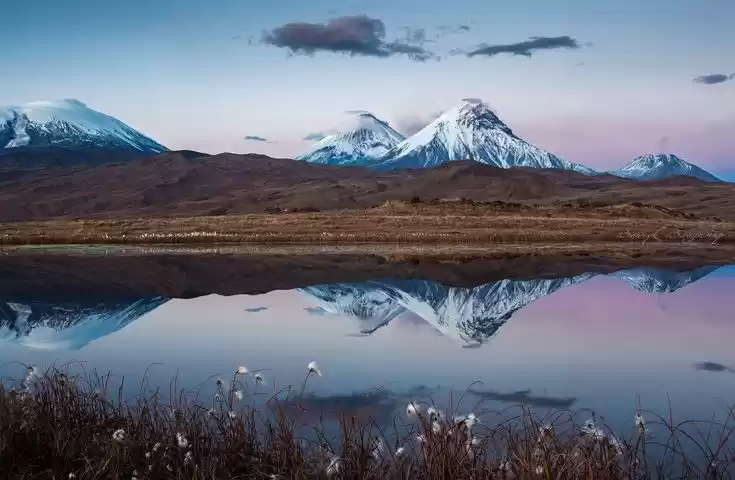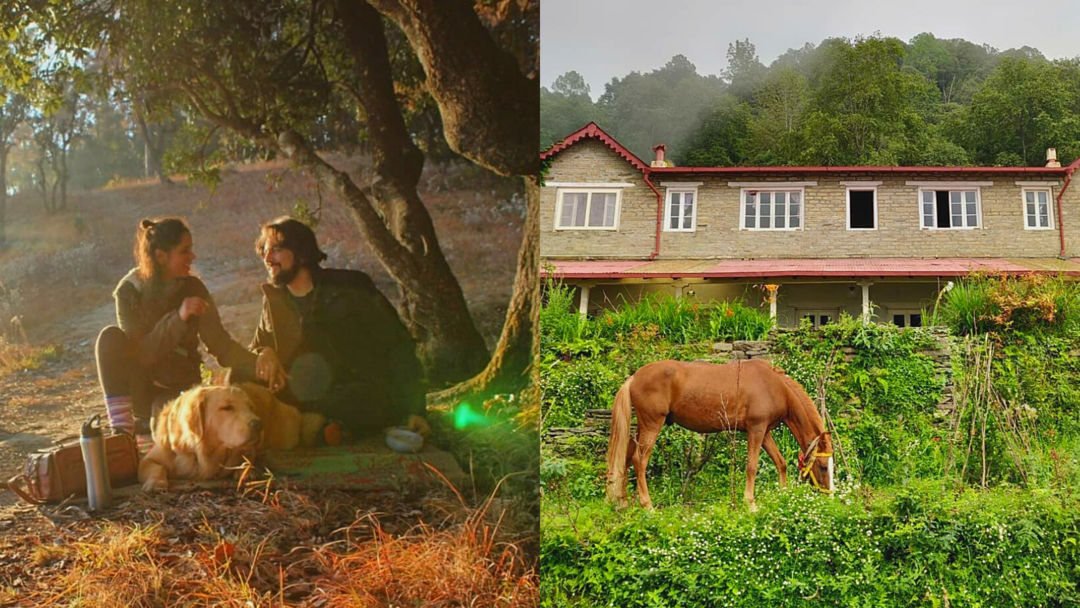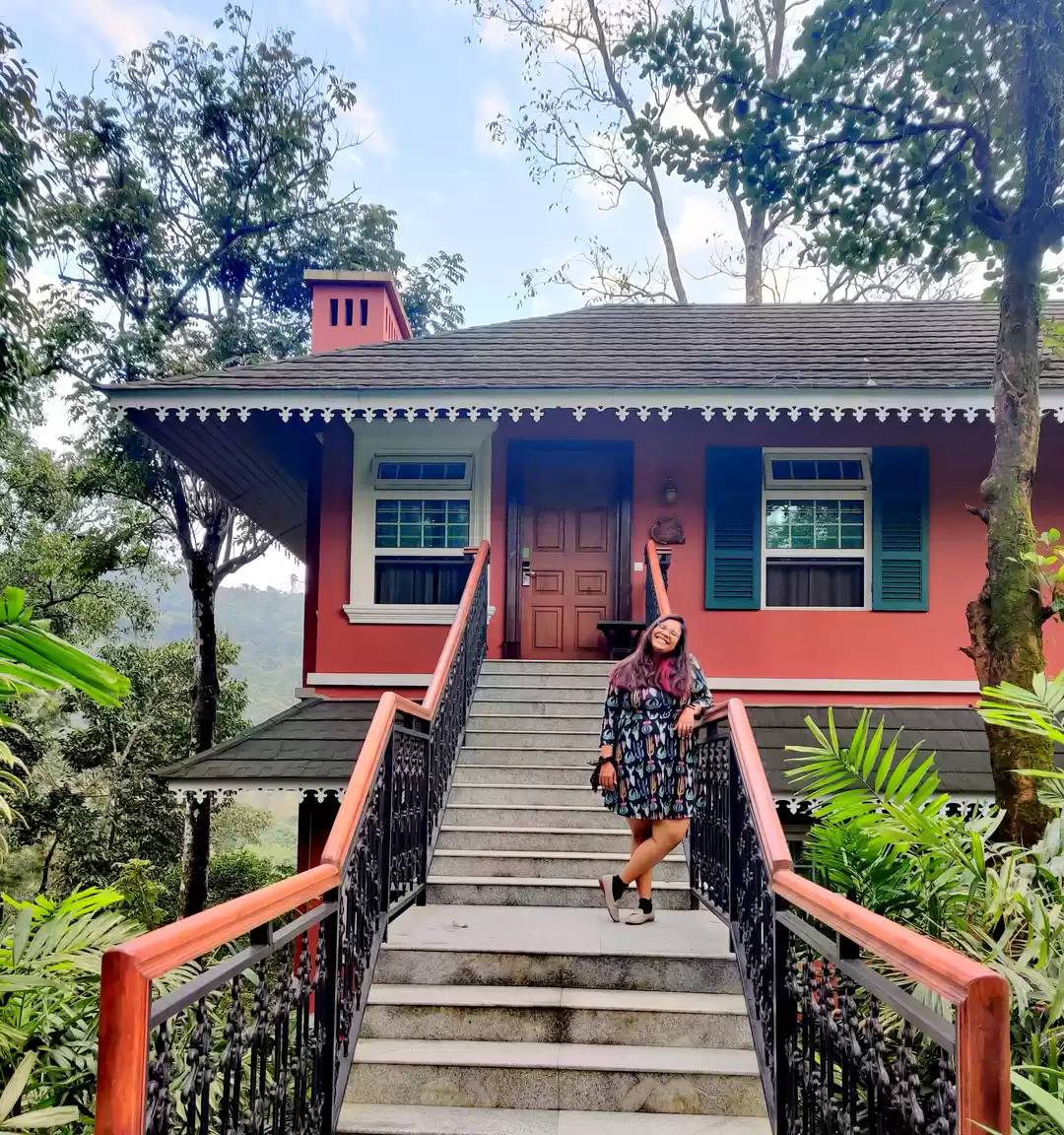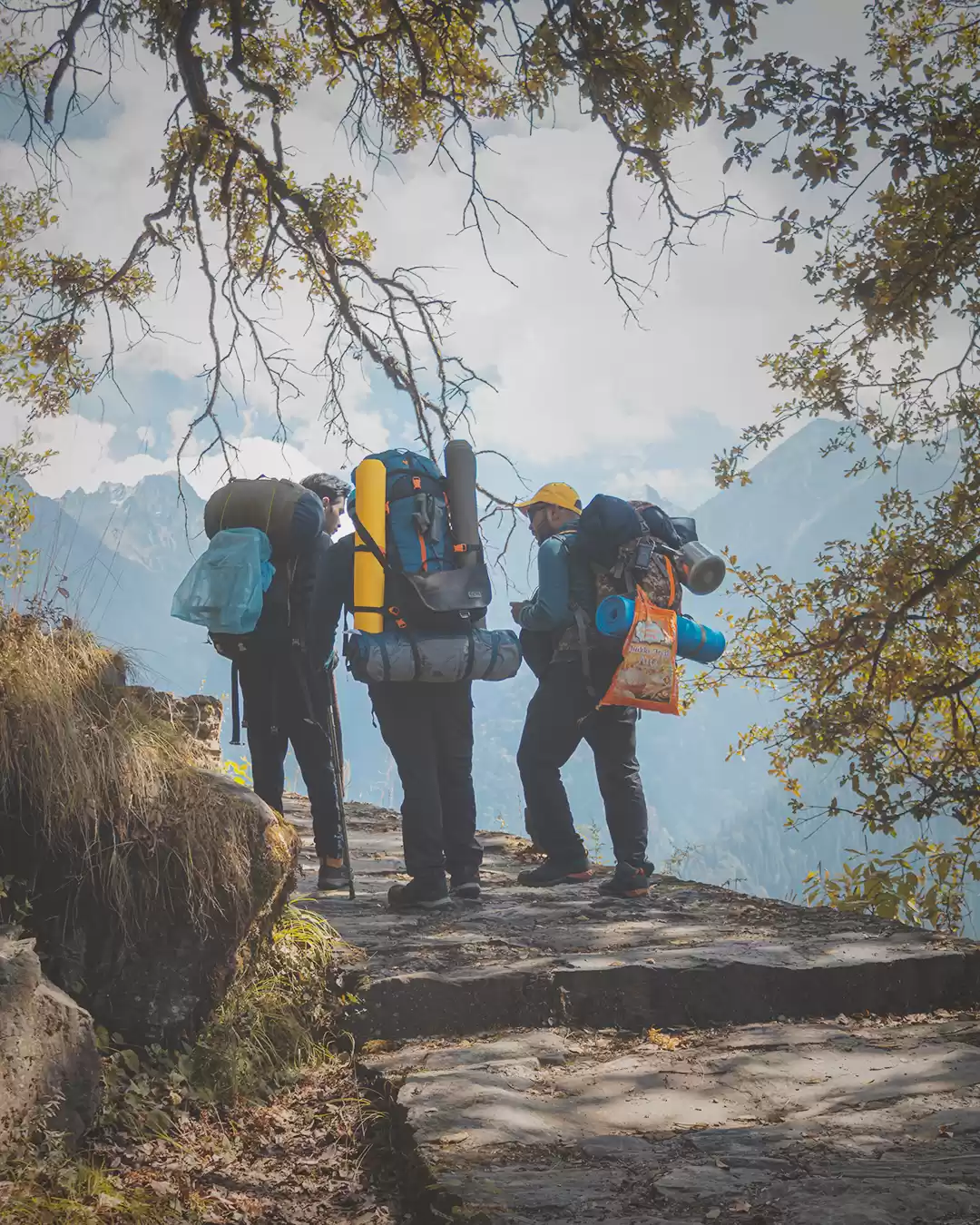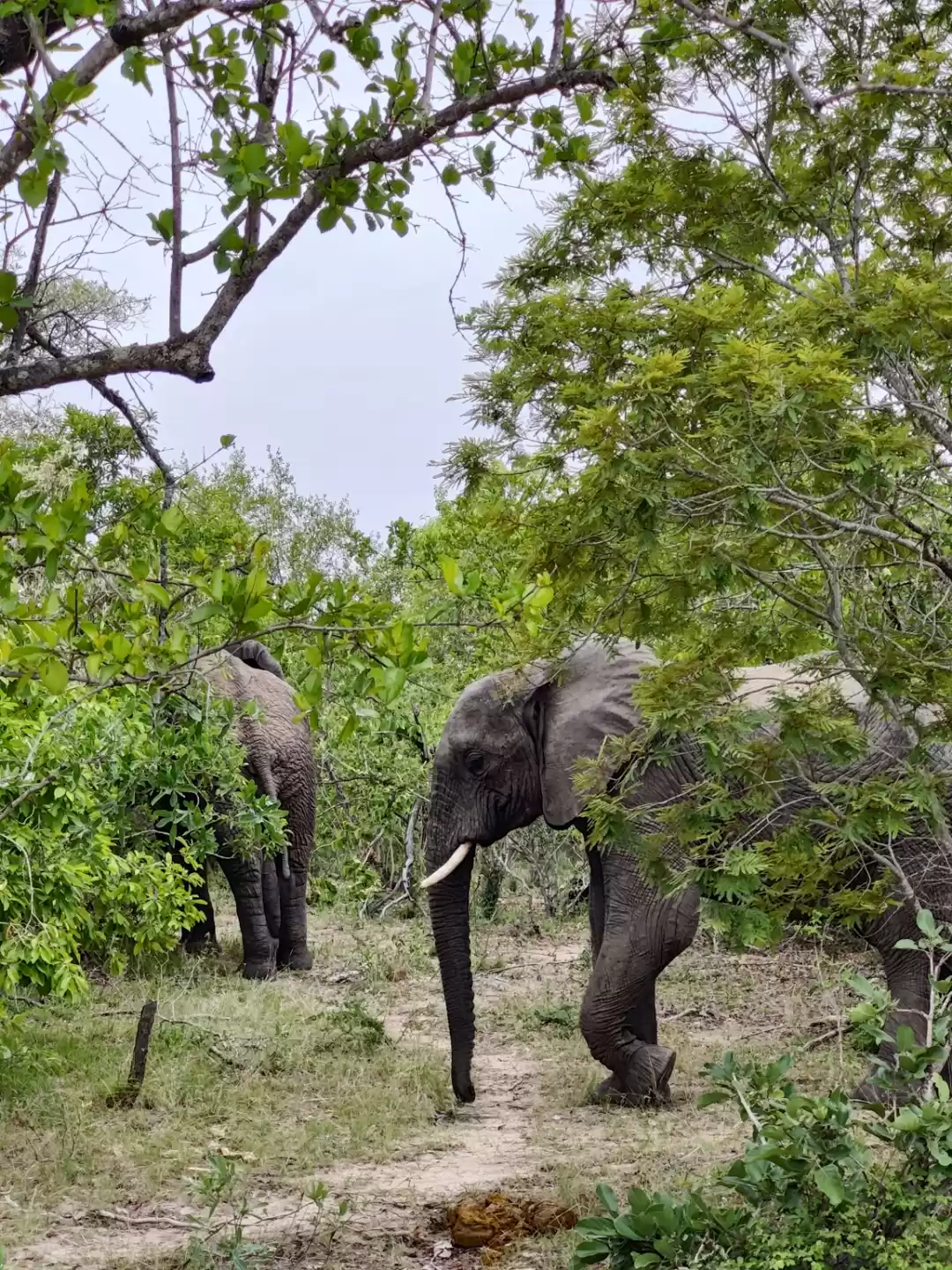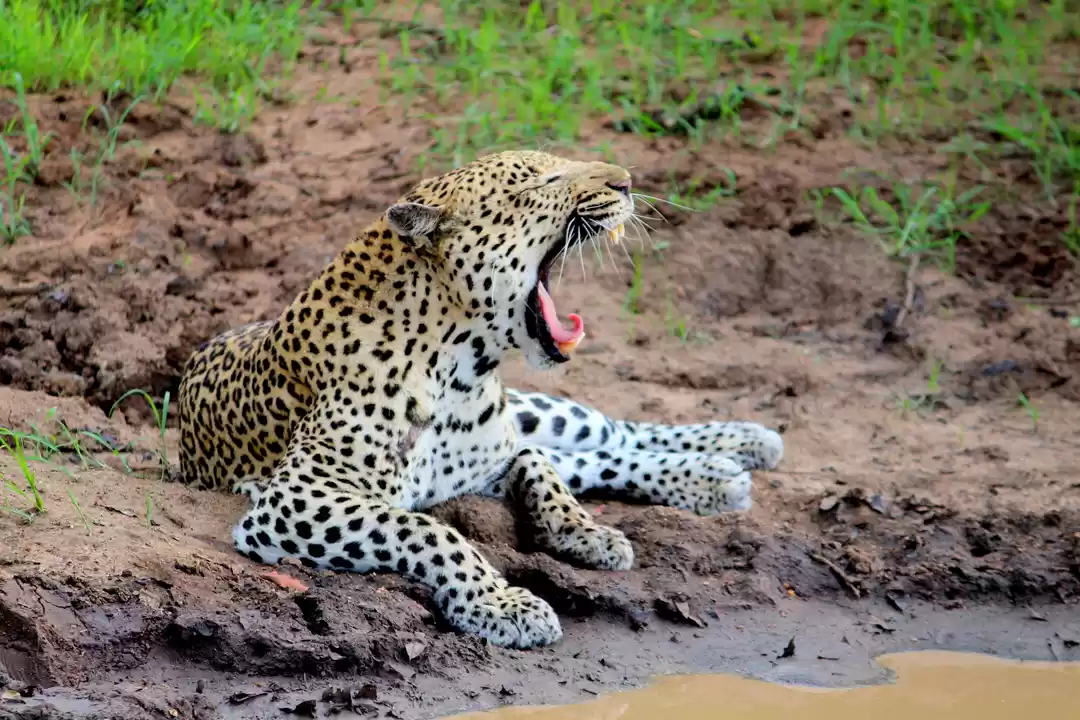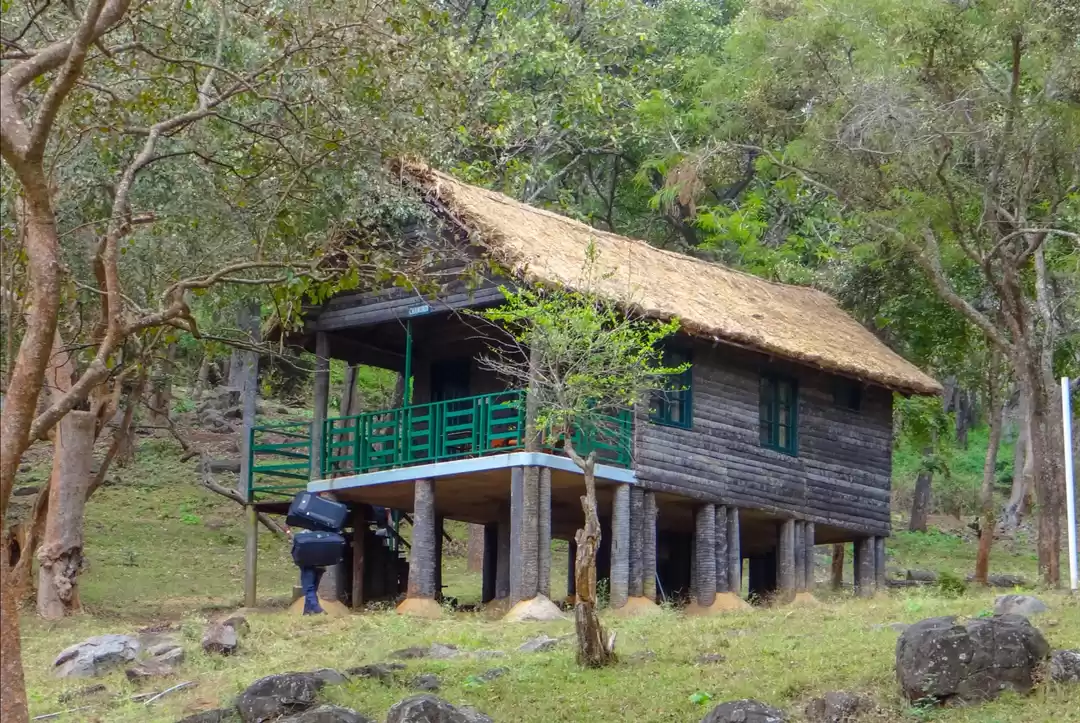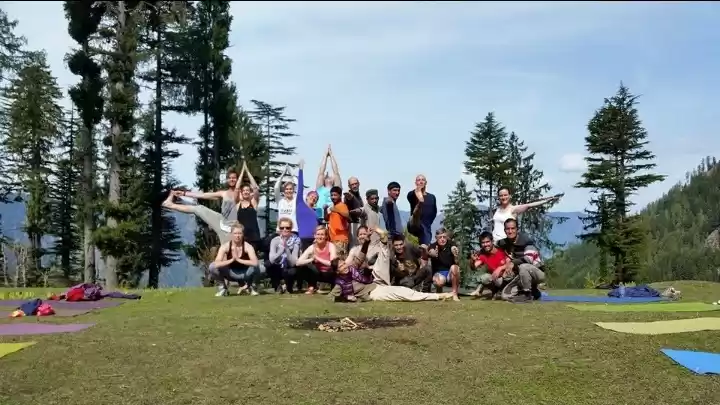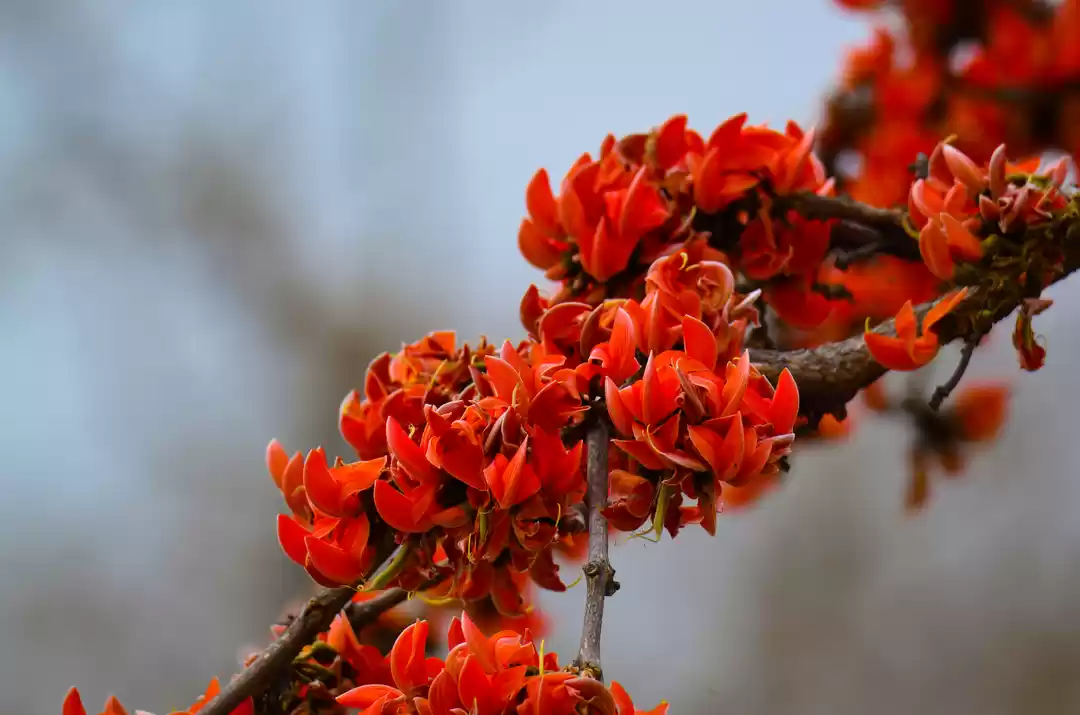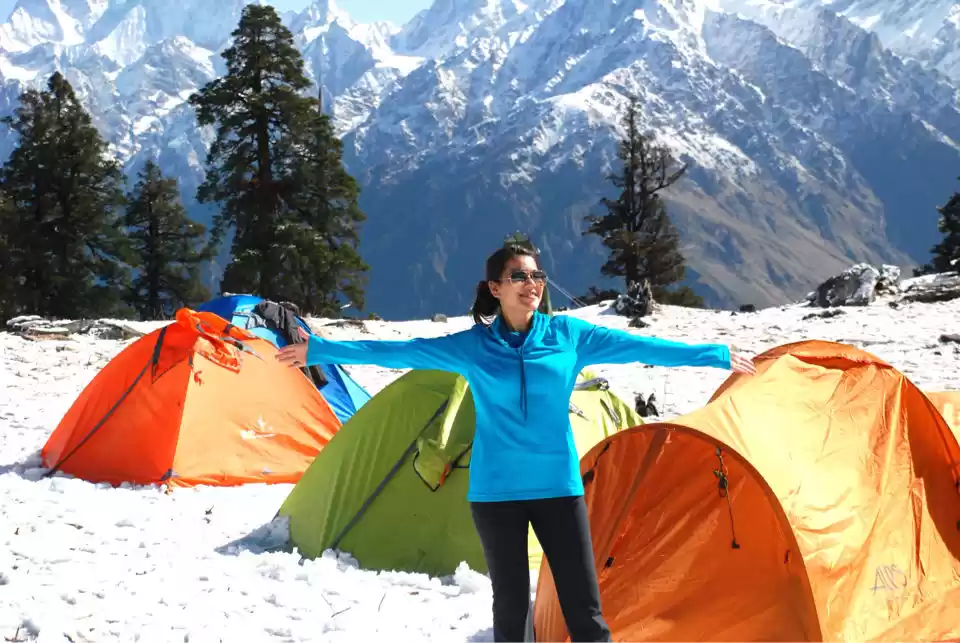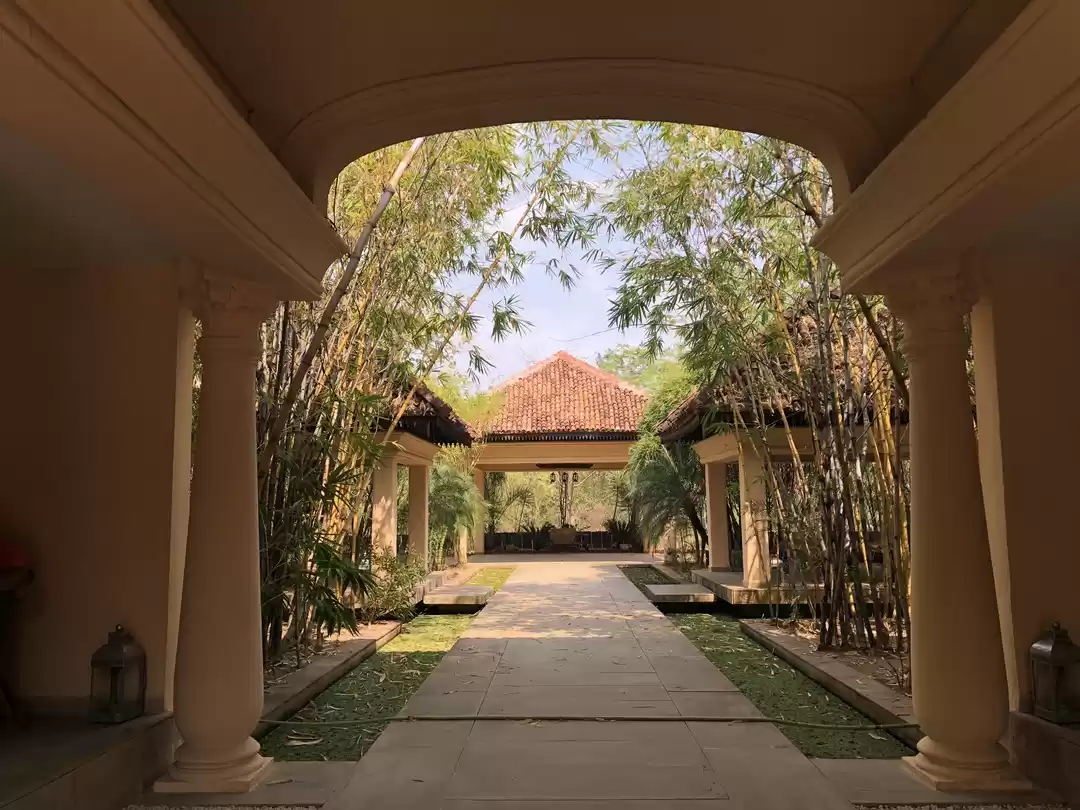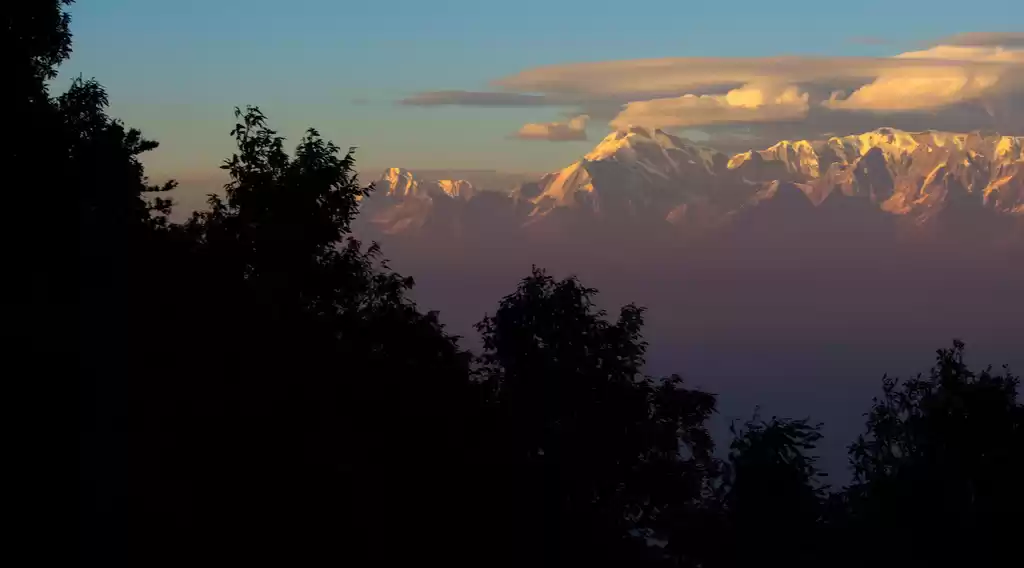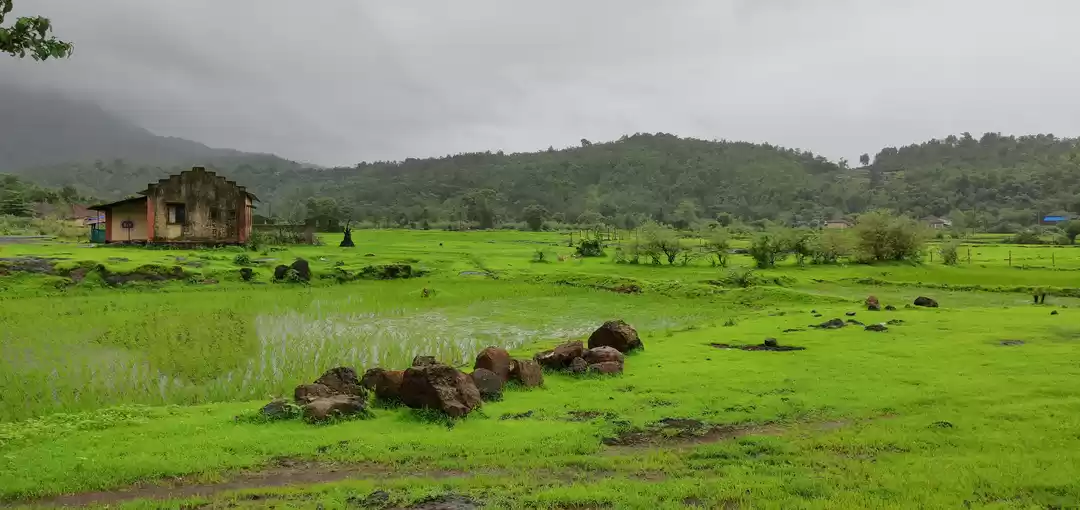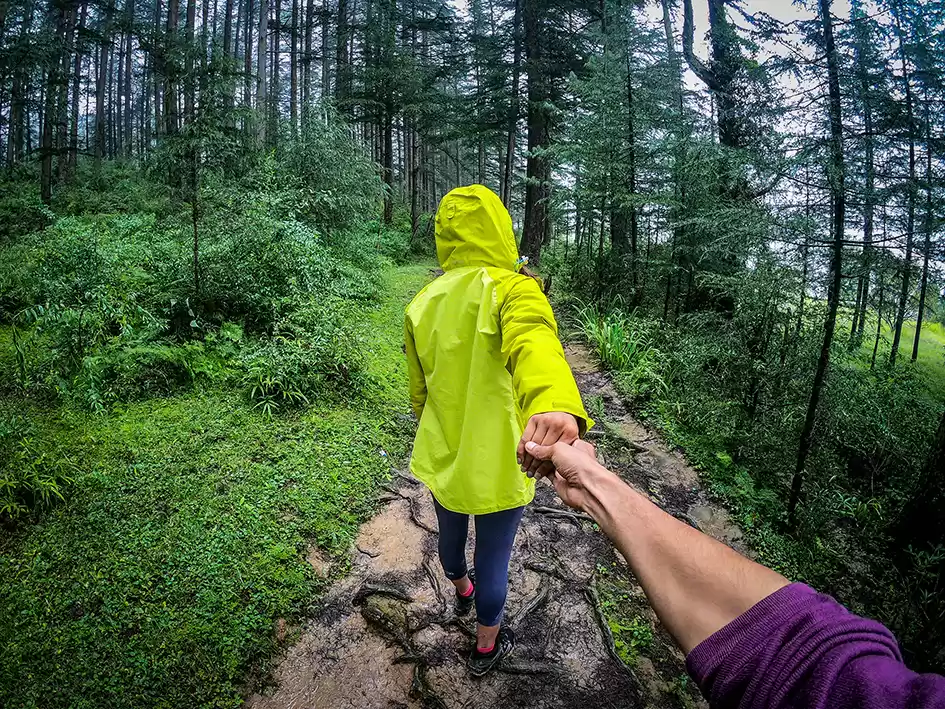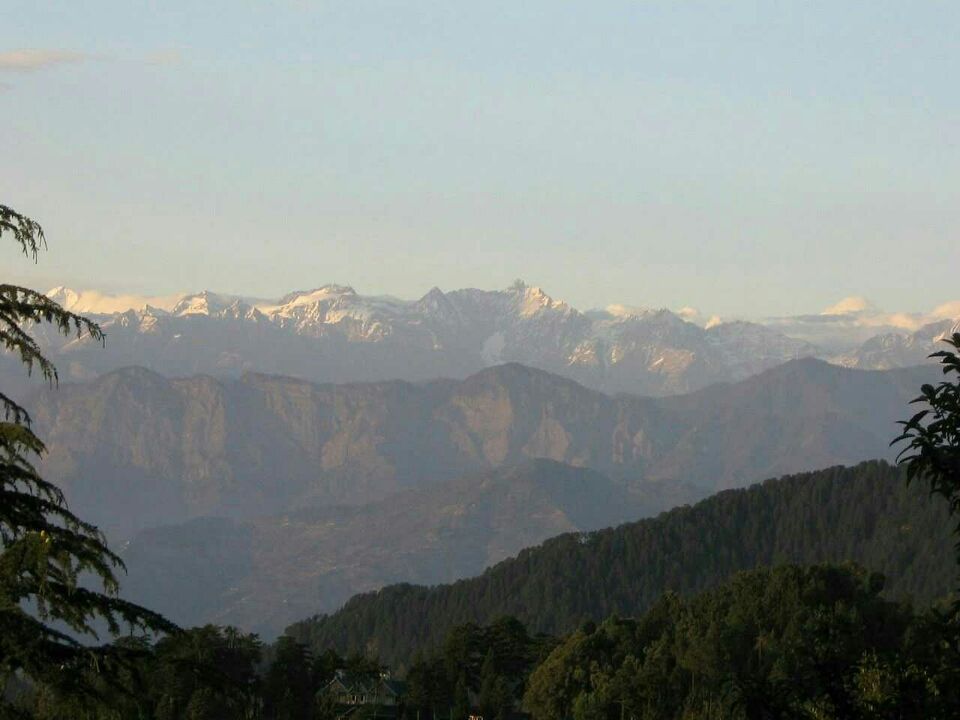
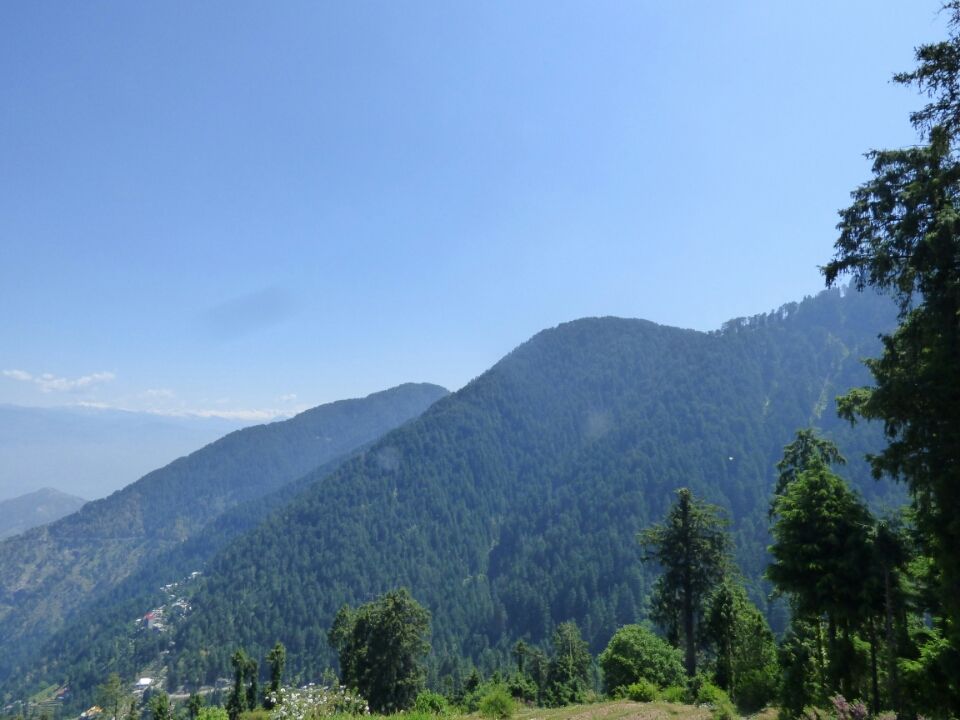
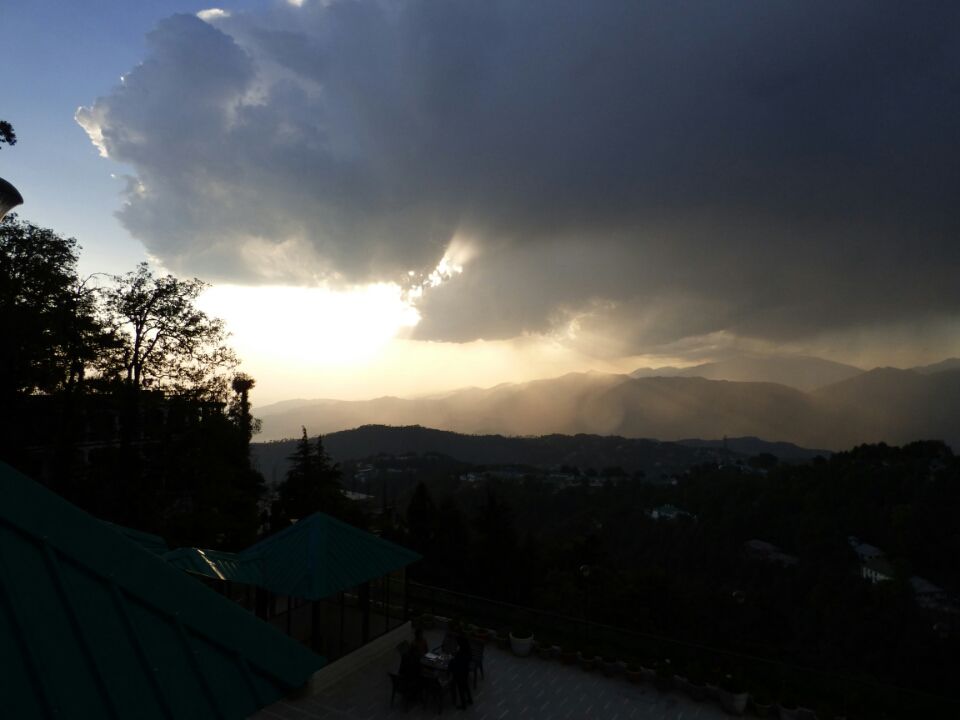
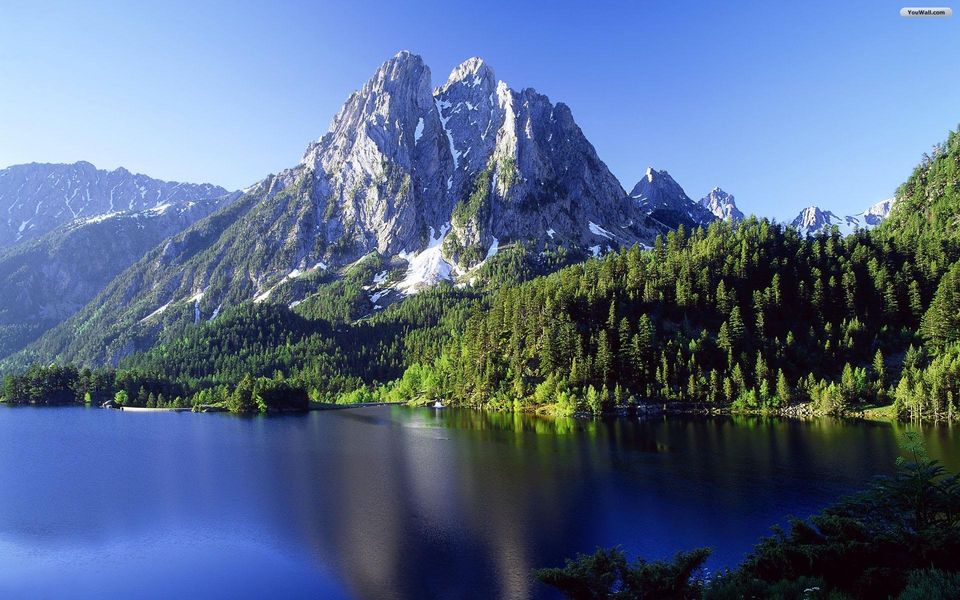
“Thousands of nerve-shaken, over-civilized people are beginning to find out that going to the mountains is going home; that wildness is a necessity”. This line by John Muir, the famous environmental philosopher always gives me a push for travelling. 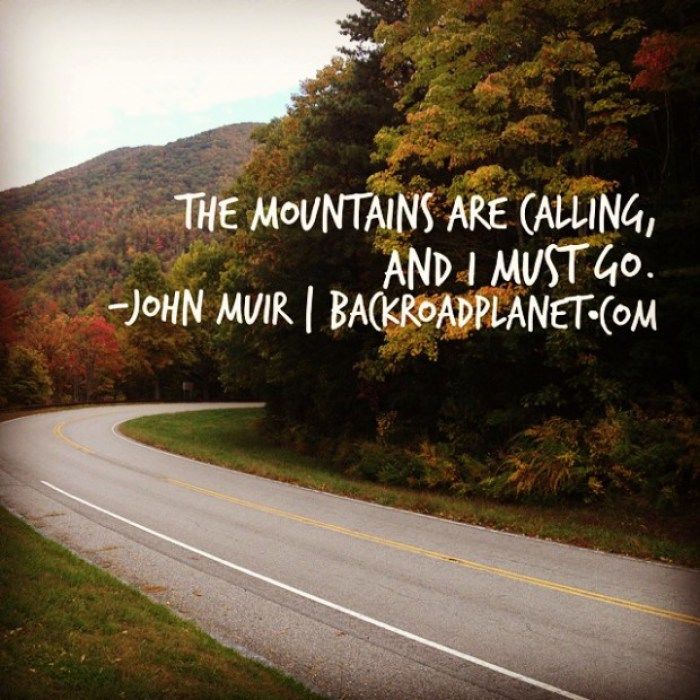
Whenever I work continuously without an outing in between I feel I am losing precious days, I am degenerating into a machine for making money, I am learning nothing in this trivial world of men. I must break away and get out into the mountains to learn the news. Why mountains specially? Mountaineering is like living a life itself.

“If you are faced with a mountain, you have several options. You can climb it and cross to the other side. You can go around it. You can dig under it. You can fly over it. You can blow it up. You can ignore it and pretend it’s not there. You can turn around and go back the way you came. Or you can stay on the mountain and make it your home.”
More and more people are discovering a desire for them, and a powerful solace in them. At bottom, mountains, like all wildernesses, challenge our complacent conviction - so easy to lapse into - that the world has been made for humans by humans. Most of us exist for most of the time in worlds which are humanly arranged, themed and controlled. One forgets that there are environments which do not respond to the flick of a switch or the twist of a dial, and which have their own rhythms and orders of existence. Mountains correct this amnesia. By speaking of greater forces than we can possibly invoke, and by confronting us with greater spans of time than we can possibly envisage, mountains refute our excessive trust in the man-made. They pose profound questions about our durability and the importance of our schemes. They induce, I suppose, a modesty in us.”

The greatest gift of life on the mountains is time. Time to think or not think, read or not read, scribble or not scribble – to sleep and cook and walk in the woods, to sit and stare at the shapes of the hills. I produce nothing but words; I consumer nothing but food, a little propane, a little firewood. By being utterly useless in the calculations of the culture at large I become useful, at last, to myself. I like the mountains because they make me feel small. 'They help me sort out what's important in life.
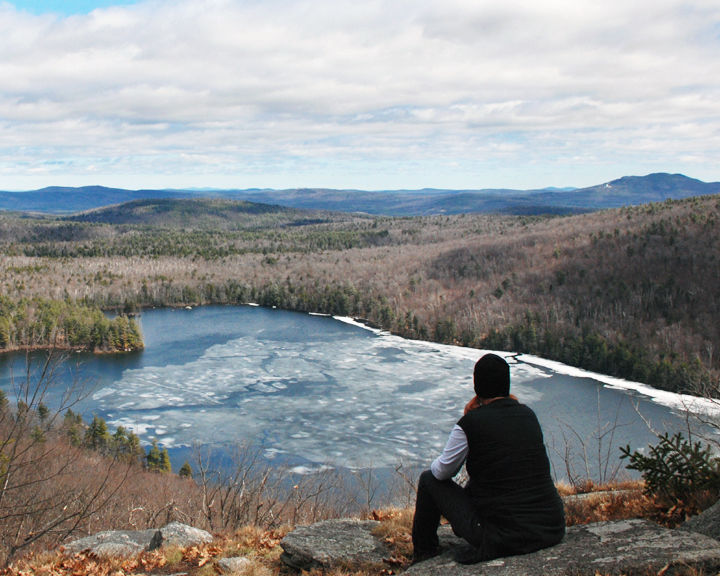
What can mountains do for me and everybody? It helps to recreate the past, to feel an affinity with nature, to experience wilderness and asceticism, to feel innocence and purity, to live through hardships and the unknown. The following lines takes me into a world I always imagine.
